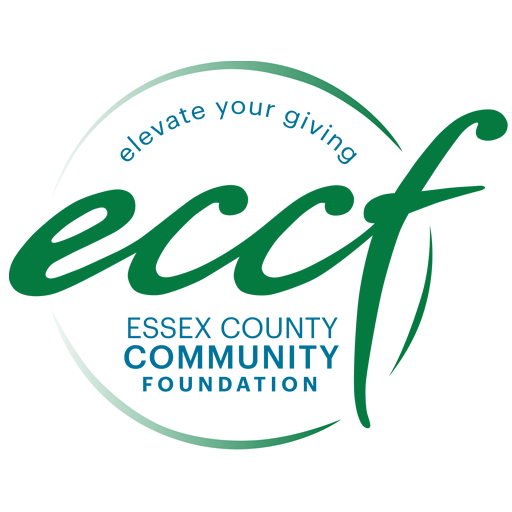ECCF and partners award nearly $600,000 in collaborative grants
At the Integrated Center for Group Medical Visits (ICGMV), a national leader in the group medical care model with strong roots in Lawrence, Dr. Jeffrey Geller, co-chair of the nonprofit, says the city is in the middle of a mental health crisis.
“Our group participants walk into our clinic unable to sleep at night for fear of catastrophe, they talk of sleeping on friends’ couches, giving up dreams to graduate school, having lost everything, and having lost loved ones,” said Geller, an innovator in the model of healthcare that gathers patients in groups rather than individually, thus providing support, reducing stress, loneliness and depression while improving patients’ quality of life. It is especially effective in communities where residents do not have widespread access to quality healthcare.
In Lawrence, a city disproportionately impacted by the pandemic and, before that, the gas explosions of 2018, Geller and his staff frequently see a high number of patients who need mental health care but cannot find it. With funding from ECCF’s Behavioral Partnership Grants Program, ICGMV will bring on a psychologist and clinical social worker, who will provide behavioral health services within the organization’s group model.
“By having mental health services in groups, there can be more people receiving support and treatment than by having only individual visits,” said Geller.
ICGMV is one of eight organizations to receive a Behavioral Health Partnership Grant, made available through a funding partnership between ECCF’s COVID-19 Response Fund, the Peter and Elizabeth C. Tower Foundation, the Evelyn Lily Lutz Foundation, the North Shore Community Health Network and additional anonymous donors. Nearly $600,000 in total funds were awarded.
“The impacts of the COVID-19 pandemic simultaneously increased demand for behavioral health services while highlighting opportunities for improvement in the systems meant to deliver these services,” said Carol Lavoie Schuster, ECCF’s vice president for programs and nonprofit leadership. “With these partnership grants, we are investing philanthropic dollars into nonprofit organizations working collaboratively – with for-profits and municipalities – to make lasting, innovative changes in local behavioral health systems.”
Additional grants of $30,000 to $100,000 have been awarded to the following nonprofit organizations, which are working collaboratively with multiple partners to strengthen services, especially for people faced with longtime systemic challenges and therefore disproportionately impacted by the pandemic. These include People of Color, immigrant populations, youth, the elderly, residents with physical and intellectual disabilities, people experiencing homelessness and others living in poverty.
- Greater Lynn Senior Services, Inc., for a “Food is Medicine” integrative nutrition program that will address links between food insufficiency and behavioral health issues.
- Centerboard, for developing a continuum of care for survivors of sex trafficking across Essex County.
- Friends of the Northshore Education Consortium, to expand its existing Connections Program, which supports Essex County students experiencing a substance use disorder.
- The NAN Project, a program of Eliot Community Human Services, to develop and pilot professional workshops for Essex County middle and high school educators designed to help them support the mental well-being of their peers and their students.
- John Ashford Link House Inc., to develop a new outpatient program to support Essex County youth ages 5-19 experiencing depression, suicidal ideation and other behavioral health issues.
- The Pettengill House Inc., for employing a full-time Community Navigator, who will coordinate mental health and substance use treatment for at-risk community members residing in the 10 Essex County cities and towns it serves.
- The Salem Mission, dba Lifebridge, to employ a Community Health Navigator to address the lack of healthcare for people experiencing homelessness in Essex County, who often struggle with mental illness, substance use disorder and family conflict.
“Behavioral health is a major priority in our communities right now,” said ECCF President and CEO Beth Francis. “These grantees are really thinking outside the box when it comes to strengthening systems of support, and we are extremely hopeful about the potential impact these innovative programs will have on Essex County residents.”
Here in Essex County, where pre-COVID rates of opioid overdose and binge drinking were significantly higher than in Middlesex, Suffolk or Worcester counties, we have seen, post-pandemic, an alarming increase in suicide, substance use admissions and provider burnout.
“But we’ve also seen more collaboration, attempts to integrate services and an improved awareness of these complex challenges,” said Lavoie Schuster. “These silver linings tell us that the time is right to focus on making changes to our systems.”
Stakeholders in behavioral health overwhelmingly agreed. During a series of post-pandemic community conversations – and at the subsequent ECCF Behavioral Health Think Lab in September 2021 – hundreds of cross-sector leaders indicated that centralizing resources and forming community partnerships are both critical to improving behavioral health.
“This initiative provides an opportunity to move toward a behavioral health system the community needs and deserves,” said Tracy Sawicki, executive director of the Peter and Elizabeth C. Tower Foundation.
About ECCF
The mission of Essex County Community Foundation is to inspire philanthropy that strengthens the communities of Essex County. We do this by managing charitable assets, strengthening and supporting nonprofits and engaging in strategic community leadership. Since 1998, ECCF and its family of 275 charitable funds have granted $136 million to nonprofits, schools and students in Essex County and beyond. Our ultimate goal is to have 34 thriving cities and towns in Essex County and to improve the quality of life for the region’s nearly 800,000 residents. Learn more at eccf.org.

